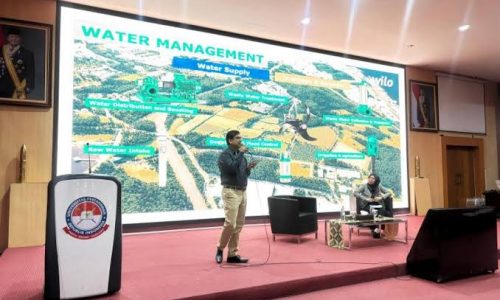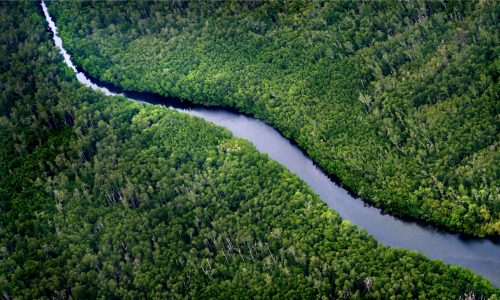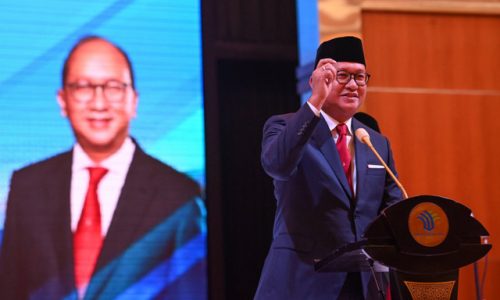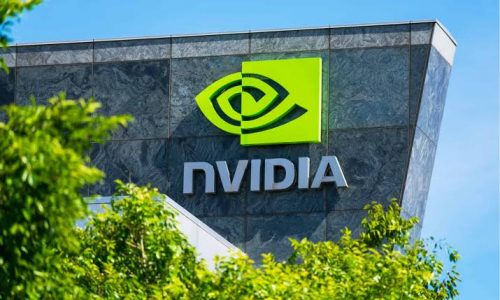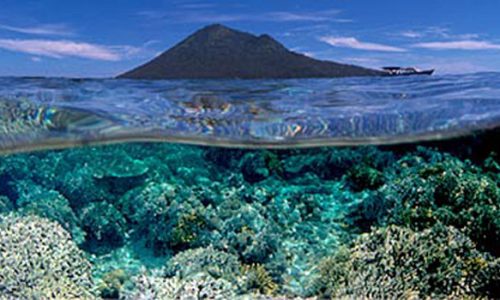The government, through the Upstream Oil and Gas Regulatory Task Force (SKK Migas), along with a number of oil&gas contractors, was recently on a four-day roadshow in the United Arab Emirates (UAE) inviting global investors to get involved in tapping and managing upstream oil and gas potentials in Indonesia.
The invitation was delivered through a series of presentation on the Indonesian upstream oil and gas industry at the Abu Dhabi International Petroleum Exhibition and Conference (ADIPEC) 2024, held in the UAE capital city on November 4-7, 2024.
“As one of the pillars of national energy security, the Indonesian upstream oil and gas industry needs to strengthen partnerships with oil and gas companies at the global level. This partnership allows for acceleration of new oil and gas reserves discovery, technology transfer, financial support, increased national capacity, and sustainable innovation,” SKK Migas Spokesman, Hudi Suryodipuro, told the opening of the Indonesian Pavilion at ADIPEC 2024 on Monday, November 4, 2024..
According to the National Energy Council, Indonesia’s energy needs have increased by an average of around 4.7 percent in the last five years with a projected energy need of 1,012 Million tons of oil equivalent (Mtoe) in 2025, with 43.5 percent of its fulfillment coming from oil and gas. The world’s energy needs will continue to increase, including in Indonesia.
Country Manager of Oman Medco E&P, Ahmad Syaifudin, said in his presentation at the Indonesian Pavilion that the potential for hydrocarbons is still very large in the future, and Medco E&P is ready to be part of the global market.
“Medco’s journey from a service drilling company to a leading energy group in Southeast Asia and expanding to the Middle East, reflects our commitment to growth, diversification, and innovation. Medco E&P continues to develop hydrocarbon potential while encouraging diversification into clean energy, to be part of the representation of Indonesia’s upstream oil and gas industry in responding to global energy challenges,”Syaifudin said.
On the second day of ADIPEC, the Indonesian Pavilion opened up opportunities to establish cooperation with global players and sought to increase national investment competitiveness by creating investor-friendly regulations, including the new gross-split scheme, one door service policy (ODSP), tax relief, and flexible fiscal schemes.
Indonesian Ambassador to the UAE, Husin Bagis,emphasized the importance of ADIPEC in securing collaboration at the global level.
“Indonesia’s participation in ADIPEC is very strategic to strengthen cooperation between state-owned/private energy industries, between Indonesia, the UAE and other countries, as well as realizing Indonesia’s commitment and strength as member of the world’s 20 largest economies (G-20). Hopefully in the next ADIPEC event, our position can be even more strategic,” Husin said.



